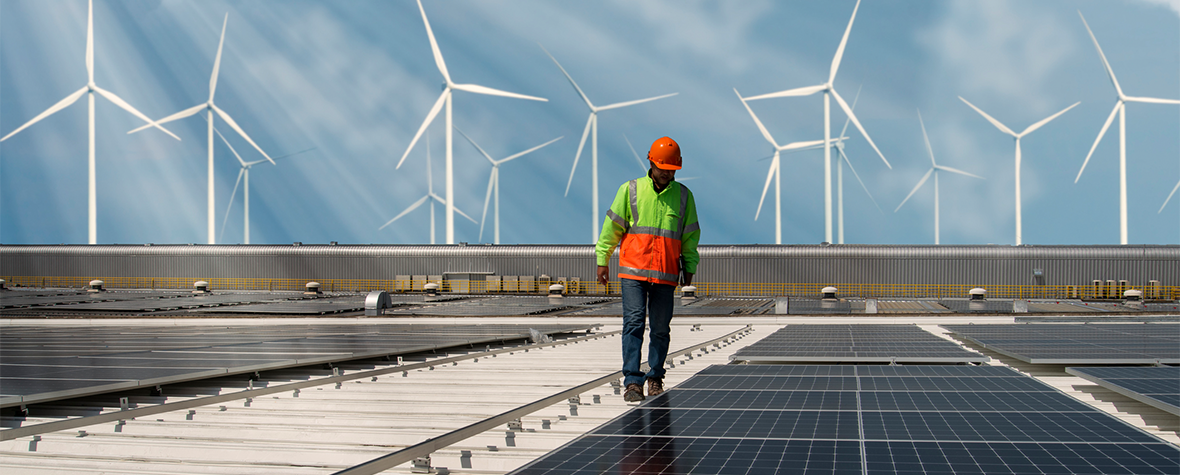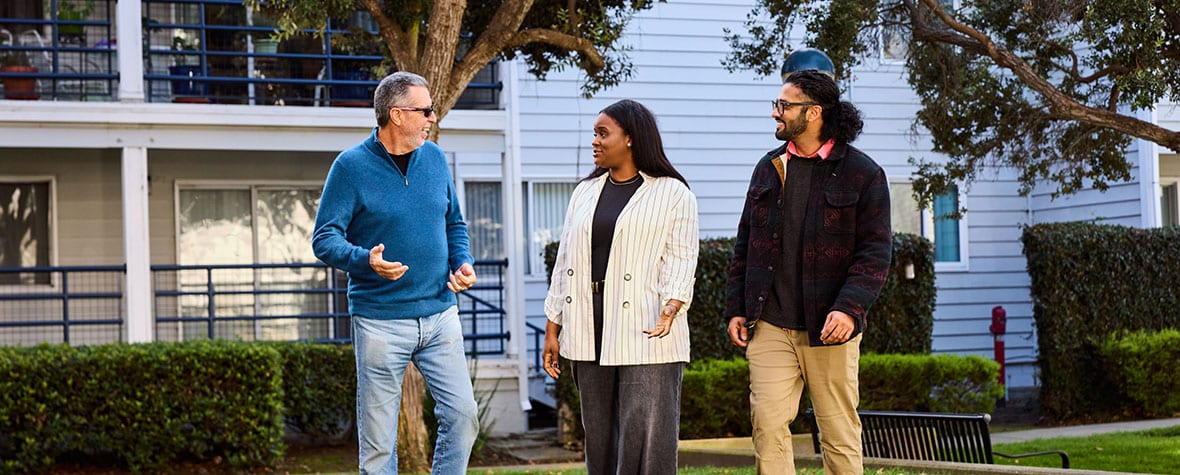In honor of Black History month, we are proud to feature Doria Robinson, Executive Director of Urban Tilth. Doria has made significant contributions in the fight for environmental justice and food sovereignty and has helped create a positive learning environment for Richmond youth. Her projects at Urban Tilth have included helping to restore the Richmond Greenway, developing the North Richmond Farm, the Farm to Table CSA, and working with the Climate Justice Alliance to build a just transition to a climate-friendly future.
Can you tell me about yourself and your role with Urban Tilth?
I’ve been the Executive Director of Urban Tilth for almost 13 years. Urban Tilth is a local nonprofit that focuses on making sure that everyone in Richmond has access to healthy foods. We also work to reconnect Richmond residents, especially youth, to the land and teach them how to engage in sustainable practices.
What impact has Urban Tilth had on the community?
I feel like a big impact has been transforming the space. We have six community and school gardens across Richmond. We’ve transformed vacant spaces into vibrant, living sanctuaries where people are gathering, and healthy food is being grown.
The even greater impact is the opportunity for young people to develop themselves and think about how they can make a positive impact on their communities. The output of the work that these young people do is actual food that goes to a family and improves their lives. These young people, who are facing numerous challenges, can see themselves making a direct and positive impact on their community. I think that’s priceless.
Why was restoring the Richmond Greenway an important project?
Personally, growing up, it was the path I took to get to my grandma’s house. Back then, it was just dilapidated railway lines with trash everywhere. The Greenway was also a dividing line between central and south gang territories. It felt like a place that needed to be healed. Community members nurturing that space to make it a beautiful and healthy place just seemed like it needed to be done. Instead of being a dividing line, it has become a place where people gather and share something together.
How have you been involved with the Climate Justice Alliance?
Urban Tilth has been a member of the Climate Justice Alliance since 2017. We work closely on initiatives for food sovereignty and and support community based Just Transition Initiatives across the U.S. We also play a role in Reinvest in Our Power, an initiative that aims to mitigate climate change by putting economic power in the hands of grassroots communities. This initiative seeks to empower fenceline communities to invest in climate-friendly technology and practices in a socially and economically just way.
How has growing up in Richmond impacted your view of environmental equity?
I grew up here in Richmond, and my bedroom window looked out at the Chevron refinery. I thought that was normal, but as I grew older, I realized that not every community has a huge source of pollution in their backyard. Primarily poor, Black, and brown communities across the U.S. are dealing with these environmental injustice issues. There should be no sacrificed communities that have to disproportionately deal with pollution and the health impacts. Human beings are brilliant, creative creatures, and we’ve come up with much cleaner alternatives than burning fossil fuels. We need to make a better choice.
Why did you decide to become part of the climate action movement?
Years ago, conversations about island nations threatened by sea level rise and polar bears on tiny icebergs felt abstract. Climate Changes became painfully clear to me after I had the good fortune of crossing paths with Movement Generation Justice and Ecology Project and attended one of their retreat at Occidental Arts and Eceology Center where we spent a week learning about the mechanics and drivers or Climate Change. Now, years later, as was predicted, we see the direct impacts of climate change in our own communities, where every year is the hottest year, the biggest storm, and the longest fire season. At some point, I stepped back and realized that this isn’t the way it’s supposed to be.
We need to build up community and political will to say that what we’re doing with fossil fuels is destroying us and our planet. We need to make sure that everyone we meet understands climate change so that they can support the transition to healthy alternatives like wind and solar.
How do you see the fight for racial equality intersecting with climate justice?
The intersection of environmental injustice and social injustice is the economy, these two injustices are a part of the same machine that puts profit before people and planet. Many low-income people of color are born into situations where they must deal with environmental issues such as poor air quality, poisoned water, and corporations that manipulate local politics. I believe that environmental injustice is one of the factors that perpetuates addiction, violence, and depression. As humans we have to re-evaluate our priorities and recenter our culture including our economies around what matters most which I believe is the quality of life for all people and the planet.
What does it mean to be a person of color in environmental activism?
There’s been a long history of environmental activism in the Black community. Much of the environmental justice movement was rooted in the Black experience in low-income communities. Often it’s the communities of color that are hit by environmental issues first and worst. It’s necessary, especially now, that people of color can see themselves in this movement and can lead the way for real just transition solutions and advocate for ourselves and our health.
What key obstacles must be overcome to achieve a more just world?
We need to embrace the idea that there is no “AWAY”. Accept the fact that everything from trash to pollution persists in the environment and impacts human and non-human communities. We need to be held accountable for the entire life cycle of everything we create. We must truly believe that we are responsible for the well-being of children that we don’t know, and have not been born yet, no matter what they look like or who they come from. When we all embrace that worldview, we can restructure our economy, our social relationships, and create the world we all need to thrive.




